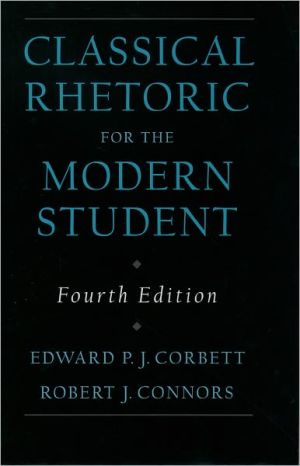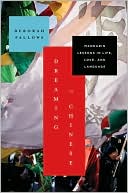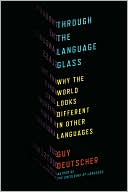Classic Rhetoric for the Modern Student
Widely used in advanced composition and writing courses, Classical Rhetoric for the Modern Student discusses the three vital components of classical rhetoric—argument, arrangement, and style—bringing these elements to life and demonstrating their effective use in yesterday's and today's writing. Presenting its subject in five parts, the text provides grounding in the elements and applications of classical rhetoric; the strategies and tactics of argumentation; the effective presentation and...
Search in google:
Widely used in advanced composition and writing courses, Classical Rhetoric for the Modern Student discusses the three vital components of classical rhetoric—argument, arrangement, and style—bringing these elements to life and demonstrating their effective use in yesterday's and today's writing. Presenting its subject in five parts, the text provides grounding in the elements and applications of classical rhetoric; the strategies and tactics of argumentation; the effective presentation and organization of discourses; the development of power, grace, and felicity in expression; and the history of rhetorical principles. Numerous examples of classic and contemporary rhetoric, from paragraphs to complete essays, appear throughout the book, many followed by detailed analyses. The fourth edition of Classical Rhetoric for the Modern Student features a new section on the Progymnasmata (classical composition exercises), a new analysis of a color advertisement in the Introduction, an updated survey of the history of rhetoric, and an updated section on "External Aids to Invention."
PrefaceIIntroduction1Rhetorical Analysis of a Magazine Ad2Homer: "The Envoys Plead with Achilles"6A Brief Explanation of Classical Rhetoric15The Five Canons of Rhetoric17The Three Kinds of Persuasive Discourse23The Relevance and Importance of Rhetoric for Our Times24IIDiscovery of Arguments27Formulating a Thesis27The Three Modes of Persuasion31The Topics84Manuel Bilsky, McCrea Hazlett, Robert E. Streeter, and Richard M. Weaver: "Looking for an Argument"130Richard L. Larson: "A Plan for Teaching Rhetorical Invention"137External Aids to Invention141An Illustration of the Use of the Search Strategy174Readings184Rachel Carson: "The Obligation to Endure"185Socrates' Apology195Obituary of Katharine Sergeant White209James Madison: "The Federalist, No. 10"214Edmund Burke: "Letter to a Noble Lord"230Thomas Henry Huxley: "Science and Culture"237Matthew Arnold: "Literature and Science"245IIIArrangement of Material256The Parts of a Discourse259Concluding Remarks on Arrangement291Readings292Thomas A. Sanction: "Planet of the Year"292Martin Luther King, Jr.: "Letter from Birmingham Jail"301Henry David Thoreau: "Civil Disobedience"320IVStyle337Grammatical Competence339Choice of Diction341Composition of the Sentence354Study of Style359Figures of Speech377Imitation411Readings448Hugh Blair: "Critical Examination of the Style of Mr. Addison in No. 411 of The Spectator"448John F. Kennedy: "Inaugural Address"459A Paragraph by Virginia Woolf To Be Analyzed for Style472Analysis of Style as Persuasion in the "Letter from Birmingham Jail" by Richard P. Fulkerson478VThe Progymnasmata484A Sequence of Assignments485VIA Survey of Rhetoric489Classical Rhetorics489Rhetoric During the Middle Ages497Some Continental Rhetoricians499English Vernacular Rhetorics of the Sixteenth Century501English Rhetorics of the Seventeenth Century505English Rhetorics of the Eighteenth Century511Rhetoric in the Nineteenth and Twentieth Centuries517Bibliography544Index556








